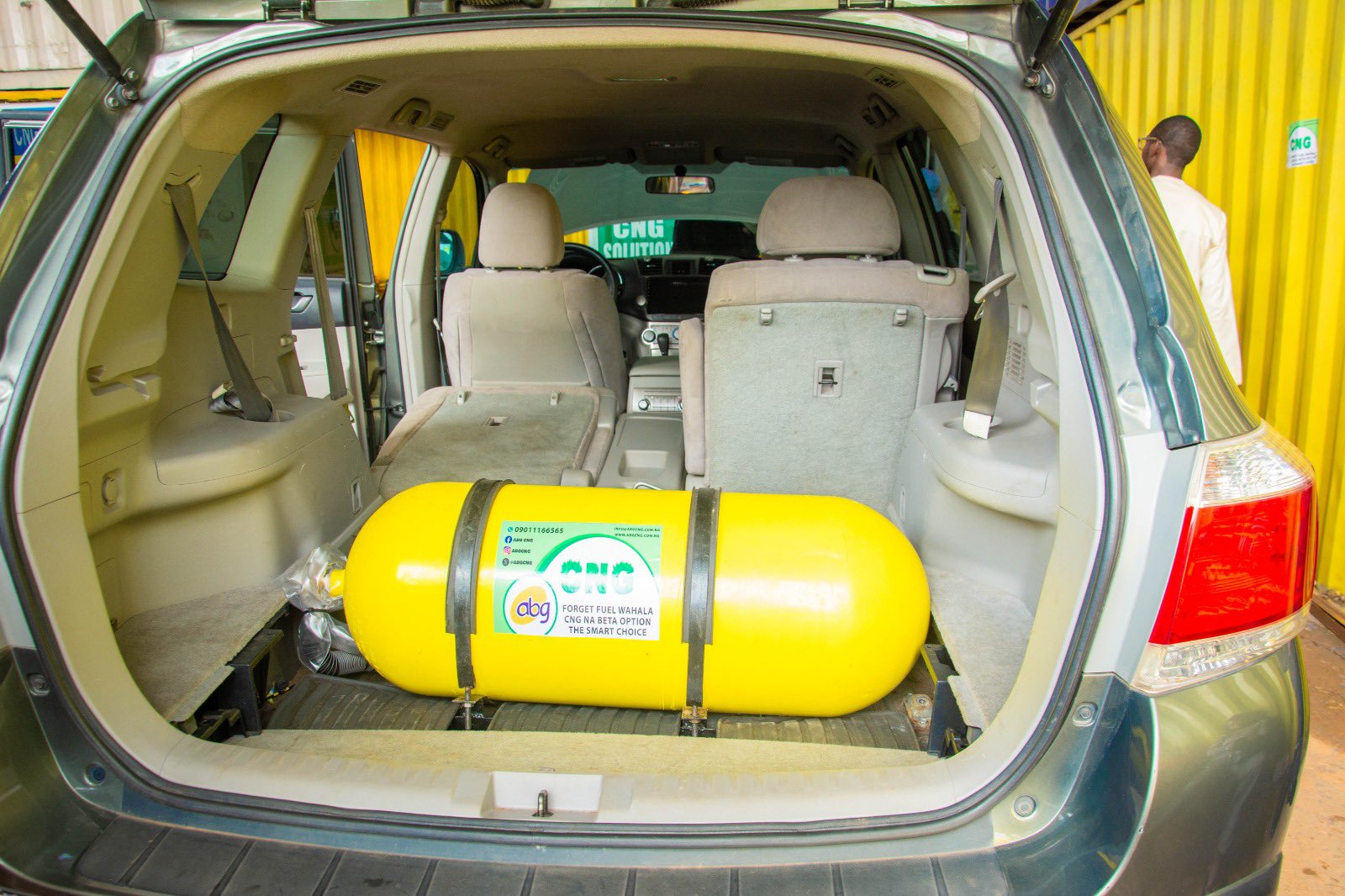Oil & Gas
AFRICAN GOVERNMENTS OPT FOR GAS-RUN CARS OVER EVS TO DRIVE DOWN TRANSPORT EMISSIONS.
JUMA SULEIMAN

As fuel prices continue to soar, more African drivers are turning to compressed natural gas (CNG) as a cost-effective alternative to petrol and diesel. In Nigeria, civil engineer Jimoh Abeeb initially dismissed the idea of converting his car to CNG due to the high upfront cost. However, after the government removed its fuel subsidy in 2023, petrol prices skyrocketed, forcing him to reconsider. By October 2024, Abeeb had spent N800,000 ($502) to retrofit his vehicle, a move that drastically cut his fuel expenses. With just N3,000 ($1.88), he can now travel up to 200 kilometers over three days, a significant improvement compared to his previous petrol costs.
African governments are also supporting the shift to CNG as a more affordable and relatively cleaner fuel option. Nigeria’s Presidential CNG Initiative offers free conversion for commercial drivers and discounted rates for ride-share vehicles, alongside investments in refueling stations. Similarly, Tanzania has eliminated duties on CNG equipment and conversion kits to encourage adoption, while Egypt has launched an ambitious plan to convert 1.5 million vehicles to CNG. These initiatives aim to ease the financial burden of high fuel prices while promoting a lower-emission alternative to traditional fossil fuels.
Despite the benefits, the growing use of CNG remains controversial. Climate advocates argue that while CNG is cleaner than petrol or diesel, it is still a fossil fuel that contributes to carbon emissions. Critics claim that expanding CNG infrastructure locks African countries into long-term reliance on gas, diverting attention and investment from cleaner energy solutions like electric vehicles (EVs). They urge African governments to focus on securing green technology transfers from wealthier nations to accelerate the transition to electric mobility.
However, significant challenges hinder the widespread adoption of EVs in Africa. Poor electricity infrastructure, high vehicle costs, and a lack of charging stations make EVs impractical for many consumers. Experts suggest that African nations should focus on developing domestic battery production and EV manufacturing to lower costs and make electric transport more accessible. While CNG is a temporary solution to high fuel prices, governments must develop a long-term roadmap to transition toward cleaner, more sustainable transportation.
